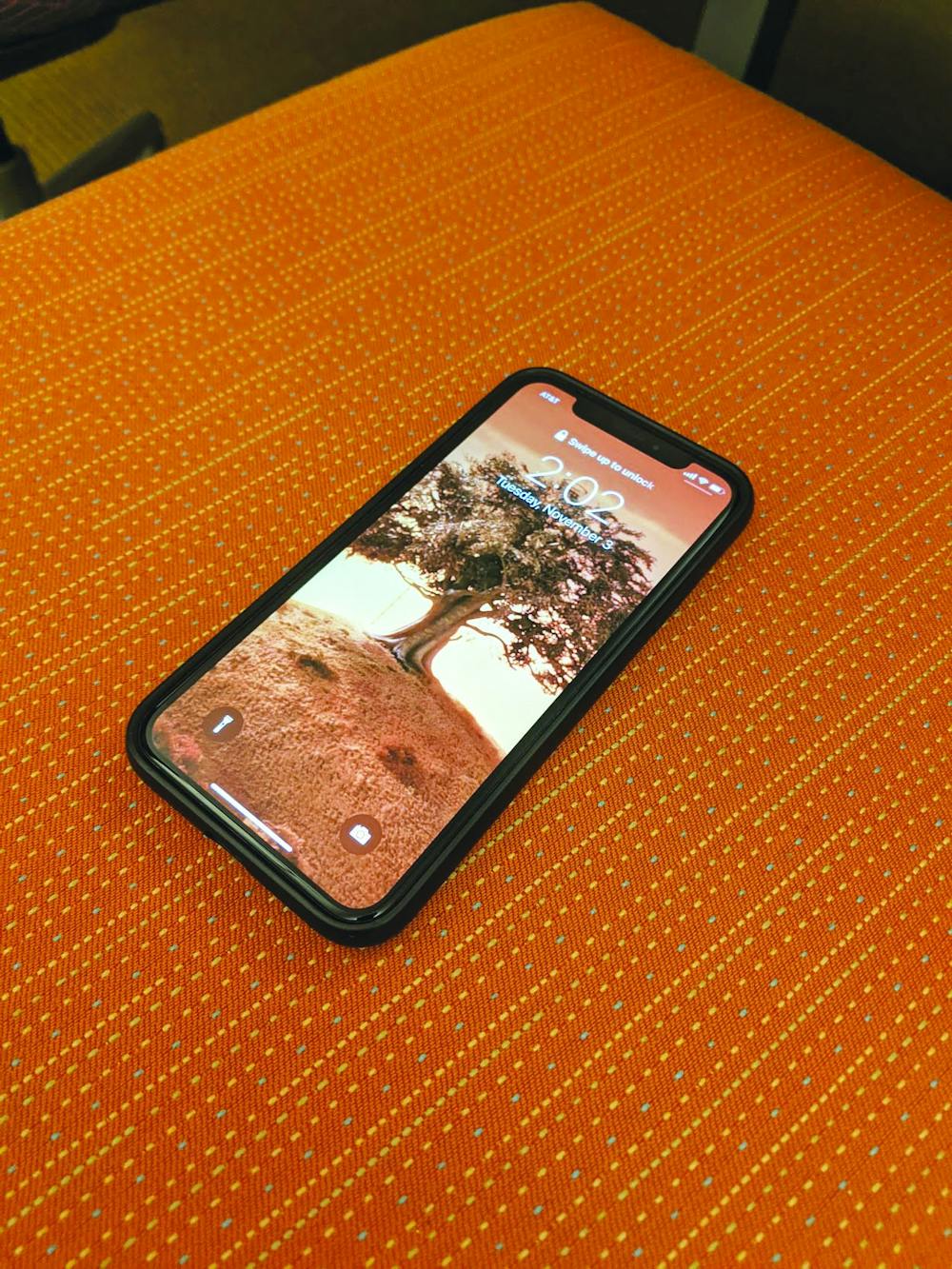While many students physically distance for bodily health, others have been technologically distanced for mental health.
During a feel-good activity, like scrolling through Instagram, our brains release the neurotransmitters dopamine and serotonin.
Thus, the next time someone feels down, their brain will encourage them to return to that occasion, scrolling through social media.
On social media platforms across the board, likes, shares and comments make people feel happy.
Some believe the danger comes when one gets hooked to the hit of neurotransmitters. Suddenly, no like, comment or share can satisfy the craving.
In the end, people can find themselves coming back, even if they no longer particularly enjoy it.
Sara Blaine, assistant professor in psychology, said one of the more effective ways to end this cycle is to check social media occasionally at random rates, practicing intermittent reinforcement.
The “gamble” is most addictive when it is not guaranteed, she said.
“Most of the notifications aren’t even about us,” Blaine said. “Engaging in this social comparison can make us feel badly about ourselves. When the social comparison inherent in social media is removed, people tend to feel better.”
Garrett Martinez, sophomore in psychology, had an experience with fasting from technology during the summer. Martinez said he noticed himself spending too much time scrolling aimlessly through apps.
“I decided I don’t really need Instagram or Snapchat anyways,” he said. “It was one of those snap decisions I haven’t really regretted.”
Martinez said he found it refreshing to not have comparison issues “constantly shoved in [his] face.”
“It’s nice to take a step back, realize how awesome your own life is and just appreciate that more,” he said.
Blaine said when someone moves away from interacting with social media as a means to get a dopamine release, they may turn to other activities like reading or hiking, and these also release dopamine.
“Before you know it, your brain will be releasing dopamine when it sees your running shoes or your new book from the bookstore,” she said. “When you do what actually helps you feel good, the serotonin you get is greater and more satisfying.”
James Berryhill, sophomore in English literature, also deleted his near-and-dear apps this year. He said, “The Social Dilemma,” a documentary on Netflix, got him thinking.
Berryhill said while social media was intended to keep people connected, “ironically the opposite has happened.” What started off as a dare with a friend turned into a two-month cleanse.
He said also noticed his attention span improve.
“I can focus on lectures and engage in class better,” he said. “And I feel like I accomplish more in the day instead of spending four hours a day on my phone.”
Blaine said without the distraction of social media, it can feel like a lot more can be accomplished during the day.
“If an Auburn student wants to focus on their exams coming up, they can remove social media from their phones, and immediately they will have so much more time to study,” she said.
Do you like this story? The Plainsman doesn't accept money from tuition or student fees, and we don't charge a subscription fee. But you can donate to support The Plainsman.

Emery Lay, junior in journalism, is a lifestyle writer at The Auburn Plainsman.





